8 Must-See Hidden Gems from ISTE 2018

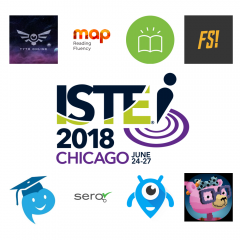
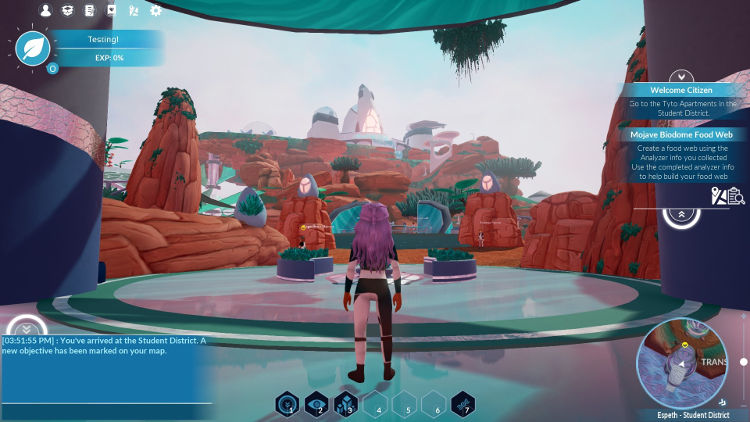
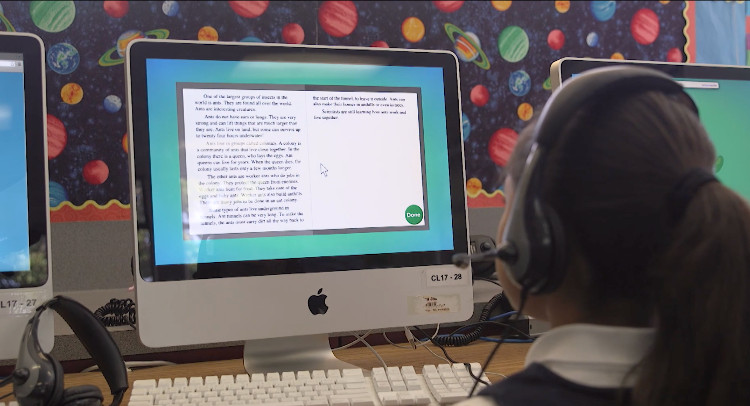
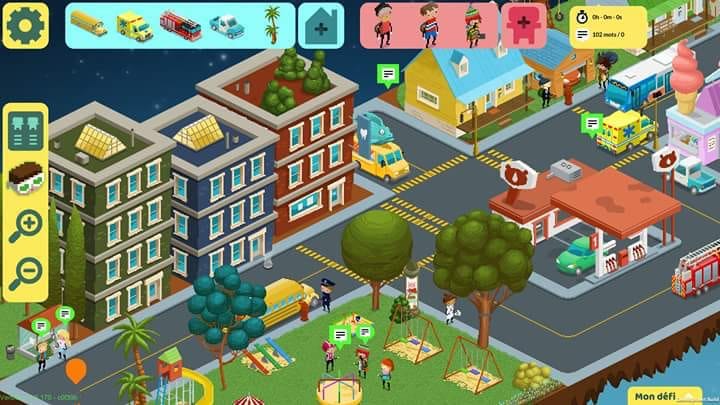
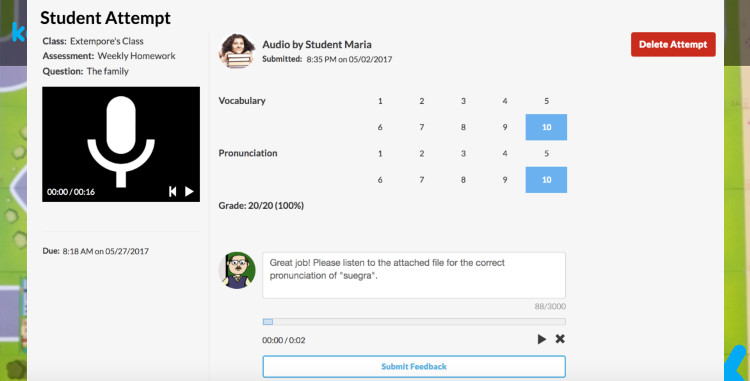
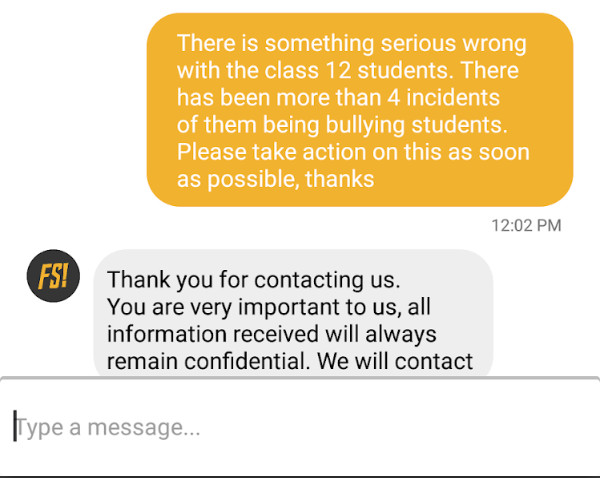
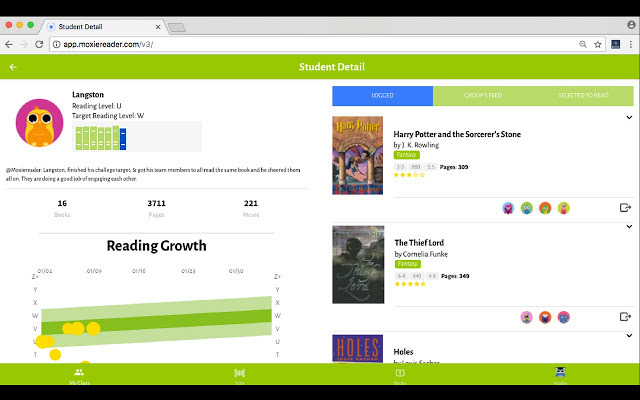
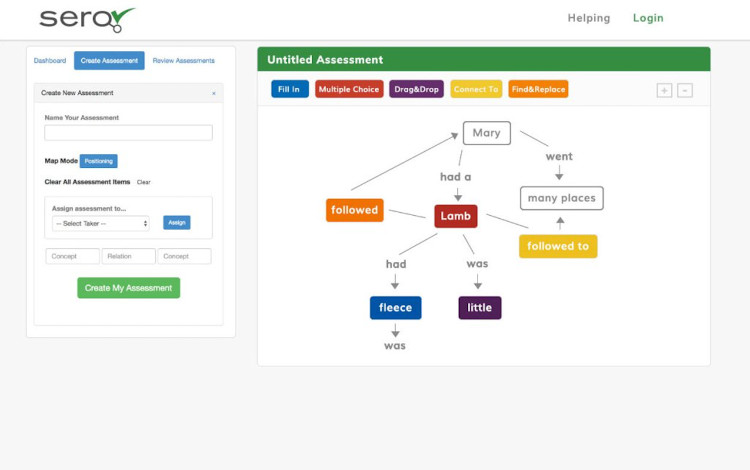
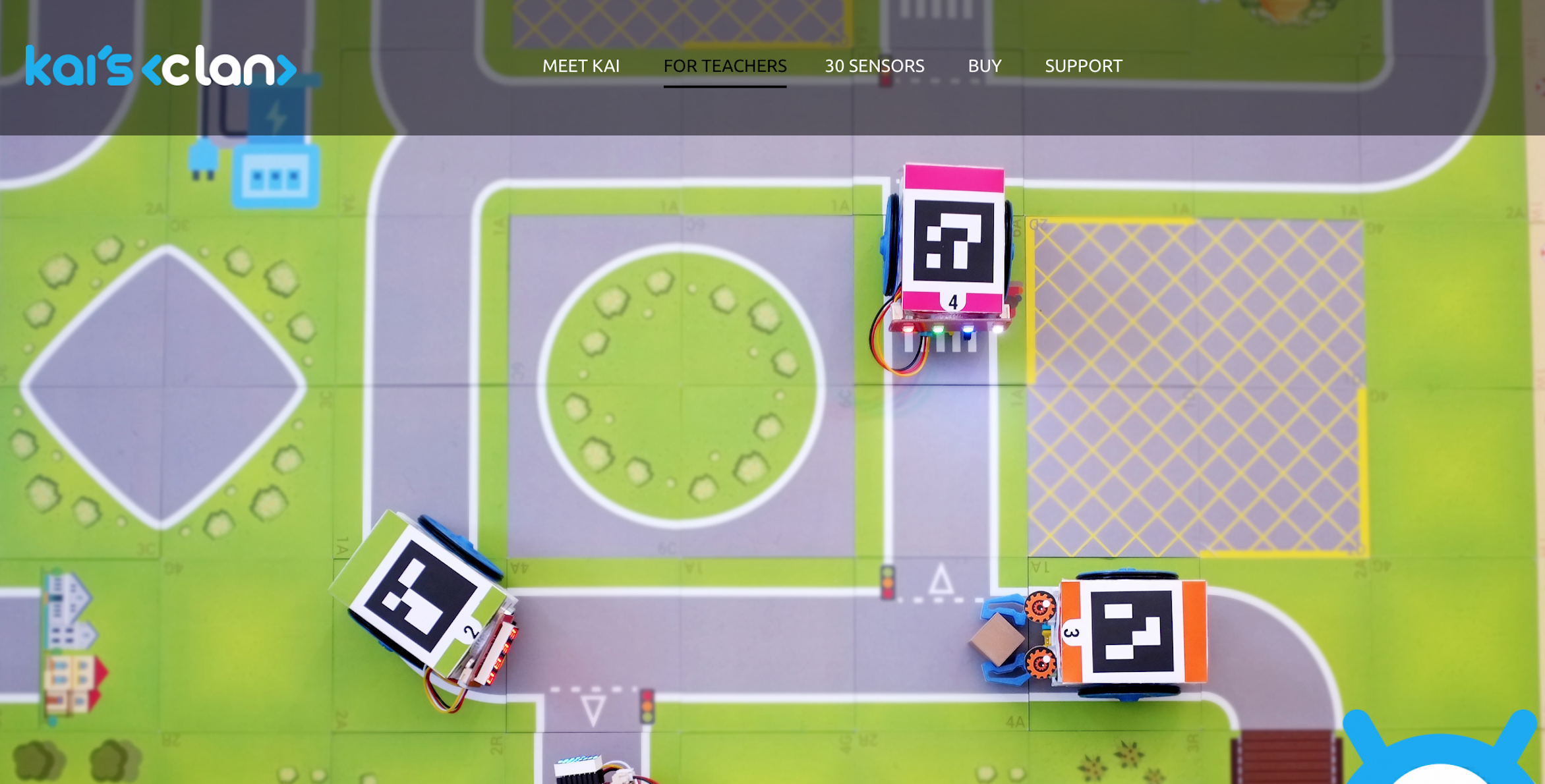
Kai's Clan is a coding platform that tasks students with solving real-world problems. What's different? Students can collaborate with other students from across the globe. With a camera pointed at a map showing the location of Kai's Clan robots, students can work together using Blockly or JavaScript to solve challenges in real time.
What's special: Most coding tools are for individual students, or have students work together on projects in the same physical space. With Kai's Clan, team-building is built in to the learning process. Being able to share data with other classrooms makes for authentic critical thinking and ups the ante for innovation in a coding tool. While this all sounds great, there's a serious investment to get all the robots, sensors, maps, and cameras.
Other tools with potential
Here are some other tools that caught our eye for trying something different in their field. They may not be for every educator, but one might just be the hidden gem you've been looking for:
- ClassHub: Any 1:1 classroom is gonna face some challenges managing devices and distractions. ClassHub provides live device monitoring, showing teachers a live feed of every screen and allowing them to send alerts, push content, or even lock devices down. Of course, whether this is the right way to deal with these problems is another issue.
- Meet the Teacher: In edtech, we've found that it's better to home in on one key feature than to try to be everything to everyone. Meet the Teacher seems to think so as well, offering a classroom management tool that focuses solely on setting up parent-teacher conferences. But is it useful enough to be worth the price for schools?
- EdgeMakers: While companies like IDEO and institutions like Stanford's d.school have been exploring ways design thinking can help students tackle the tough challenges of the future, EdgeMakers claims there's no other innovation-focused curriculum on the market quite like theirs. After taking a look at it on the show floor, we just might agree.
- Polyup: "Modding" is a term often used in reference to video games, but the makers of Polyup have created an app for students to "mod with math." What you're really doing is modifying expressions, functions, and algorithms to solve a series of puzzles. Students in grades 3-12 can tackle everything from order of operations to calculus.
- Substantial: Each year students spend some time in the classroom with substitute teachers. Instead of losing out on instruction, Substantial has plans to provide schools and educators the data and coaching they need to make the sub experience more efficient. It's a lofty goal, and since there are very few tackling the problem, we hope they succeed.
- GoGo Brain: Teachers know that metacognitive and executive function are essential to student success; however, there aren't many tools out there that focus specifically on these skills. Enter GoGo Brain, which offers a range of Pre-K-5 games that challenge students' working memory, self-control, focus, and direction-following.
- Words Liive: While it's still in beta, Words Liive has tons of potential. It's unlike anything we've seen before, helping teachers create culturally relevant, timely, and relatable ELA and social studies lessons and assessments connecting and comparing pop culture like hip-hop lyrics with literary texts.
This article was previously published at Common Sense Education.
Tanner Higgin is director of education editorial strategy at Common Sense Education, which helps educators find the best ed-tech tools, learn best practices for teaching with tech, and equip students with the skills they need to use technology safely and responsibly.
Tools and ideas to transform education. Sign up below.
